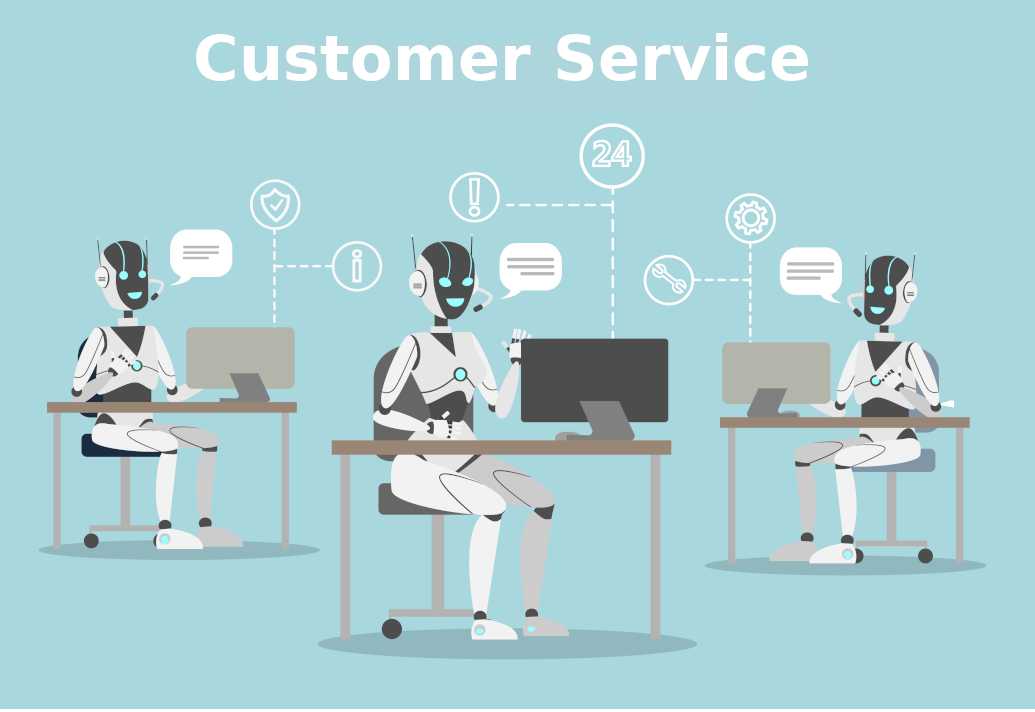Customer loyalty is changing, and marketing isn’t always getting the message right when it comes to building an appealing brand. Instead, practical efforts like chatbots, apps and AI-powered services all help to deliver what the customer needs.
Marketers perennial panic about the loyalty of their customers is often based on old or plain false information. The customer’s mood is as fickle as ever, and whatever many brands or businesses do, they can come and go in a heartbeat.
Recent research from DFA, The Customer Loyalty Landscape in 2018, suggests that 78% of customers feel some loyalty, but 39% have less loyalty than 2017, with 57% happy to go where the deals are.
Customers expect their modern brands to be functional, personalised, available, convenient and flexible, with immediate and valuable customer support. Technology also makes it into the customer want-list, and that’s where bots can come into play, helping with all those aspects, while also offering deals and incentives to keep customers coming back.
A more emotive piece, “Brand purpose is our industry’s biggest self-delusion” suggests that brands need to stop throwing money at high-concept ideas and fads, and knuckle down and do the basics well. “Brands can build relevance, identification and shared values implicitly by being associated with the things, and being found in the places, that people do care about.”
Where are customers these days? Online. And what do they care about? Fast, accurate service with helpful information on demand. Again, chatbots are a key part of that process for any modern business, and that’s why hotels, airlines, service providers and other high-customer-traffic markets are relying on bots to handle fast-growing volumes of customer queries.
Consider this line from a Hospitality.net piece, “The simplest example of how AI is gaining traction in the hospitality industry is the rapidly increasing usage of chatbots, which aim at improving guests’ stay at every step. Hotel chatbots analyze data from a wide array of sources (interactions with guests in a hotel app, purchase history, food preferences, stored payment options, spa and amenity usage, etc.) to provide a deeply personalized experience.”
Building Chatbots Is Easier Than You Think
When it comes to building bots, services like SnatchBot provide a cloud-based solution for any businesses’ website, app or social media presence. It can link into AI services like natural language processing for a modern and flexible chatbot that better understands the users’ requests, with multilanguage support, and a growing list of features.
And the chatbots can be built by anyone, using the product’s library of templates and plenty of valuable advice from a community of builders. There are plenty of bot building services out there and many tap into major AI services offered by the likes of Google, Facebook and IBM for those that need deeper power, usually at a price.
Whatever the engine or product, any chatbot for customer services need to address the needs of the customer and help build a valuable source of data for the business. Ask what you and the customer need to know and build a bot that addresses those needs. The good news is there are plenty of live examples out there that can demonstrate how to do it, and in some cases, how not to. There’s also plenty of advice on how to add a distinctive feature or two to make your bots more memorable
Customer chatbots have found success for supermarkets, takeaways, coffee shops, as well as the big-ticket brands. Bots may start out answering customer service queries, but they are fast being used internally by businesses to help with hiring, HR tasks and providing consistent information across distributed companies.
With use growing at a phenomenal rate, and now customers have got over any early concerns, the key message is that chatbots will soon play a key part in every business, and those that lag behind will either be considered old-fashioned or just not as efficient as rivals that are available 24/7 in multiple languages with key information or a huge spread of advice instantly available.
Having established a need for the bot and chosen the technology to develop it, many businesses find that their bots are becoming a valuable part of the company, with any serious queries still rooted to the right person so as not to lose that personal touch.
